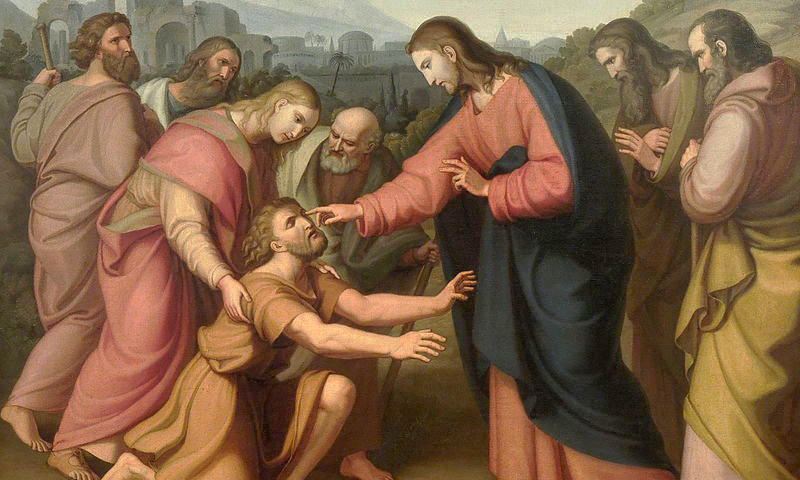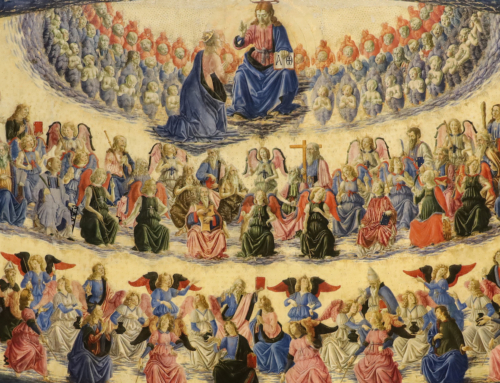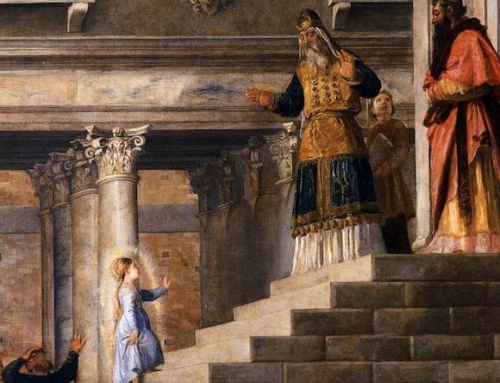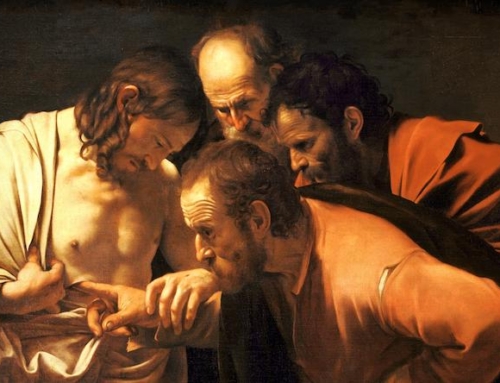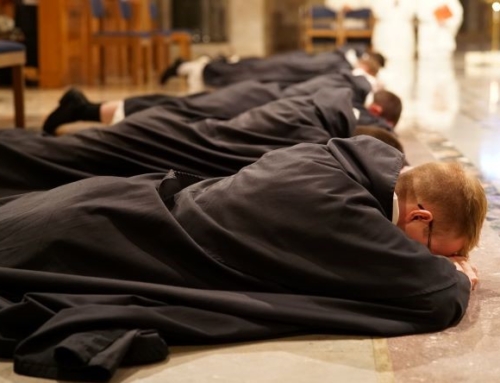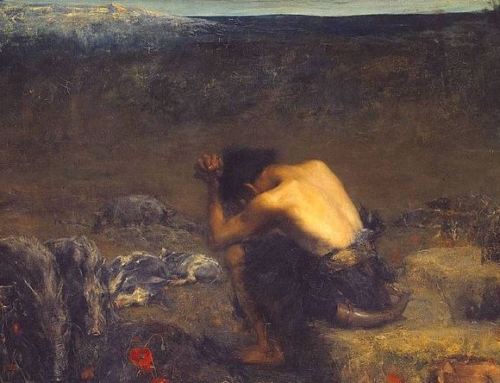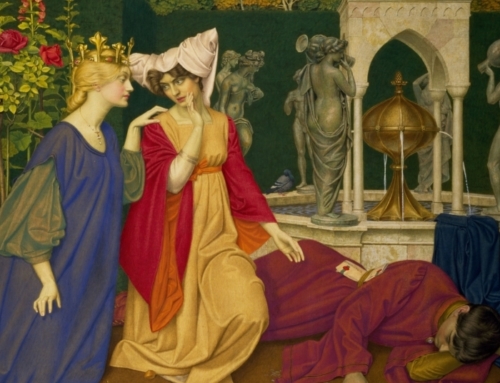Imagine you’re observing a sunset with a friend. Together you quietly watch the rays of light find their way through the now leafless trees, and you enjoy the brief warmth of the autumn sun. The evening is quiet and peaceful, and you are grateful for the beauty of the light and the trees and the water-colored sky, and for the eyes that allow you to take it all in. On evenings like this, you think, it’s easy to know the goodness of creation.
Two gifts have made this moment possible: the sun and your eyes. Without the light, there would be nothing to see no matter how powerful your eyes. Without your eyes, you would not be able to see, no matter how powerful the light. But with this double gift, you can appreciate the reality of the sunset in a completely personal way—it’s as if the gift of your eyes was given to you so that you might be able to enjoy the beauty of the sunset.
The gift of Christian faith is like the double gift of eyes and sunset. When God gives us faith, he presents us with what we are to believe and with the ability to believe it. As the Catechism defines it, Christian faith is “both a gift of God and a human act by which the believer gives personal adherence to God who invites his response, and freely assents to the whole truth that God has revealed.” In the gift of faith God reveals the whole truth to us, and he gives us the capacity to freely cleave to that truth from the depths of our souls. He offers us saving truths, and he gives eyes, our own personal eyes, with which to see those saving truths.
With the gift of faith we have been given eyes to see, but we still suffer from a weakness of vision. We have just enough sight to sense that the beauty of the sunset would leave us speechless if we could just see it properly. Our sight could use improvement.
When the Psalmist prays, “O God, you are my God,” he is acknowledging both aspects of the gift of faith—both what he is to believe and how he is to believe it. He believes in God, and he knows that God himself is the reason that he believes. God is the saving truth we believe in and the one who makes possible that belief. He gives us both sunset and eyes.
One of Saint Philip Neri’s most striking prayers was, “Jesus, be a Jesus to me.” By even invoking the name of Jesus, he was acknowledging that he could see enough to perceive the truth of Jesus’ reality. He was asking, however, for a fuller experience of Jesus in his life. Hearing about a sunset is good. Beginning to see it for ourselves is much better.
If you’re enjoying the sunset, and with your poor eyes you can sense its beauty but long to see it all the more, remember your friend by your side. God becomes our friend and our physician, healing us so that we may see him and adhere to him all the more. If we ask to see, we hear him reply, “receive your sight” (Lk 18:42). Soon enough our eyes will be opened and we will see something greater than a sunset: a city that “has no need of sun or moon to shine on it, for the glory of God gave it light” (Rev 21:23).
✠
Image: Václav Mánes, Healing the Blind Man

